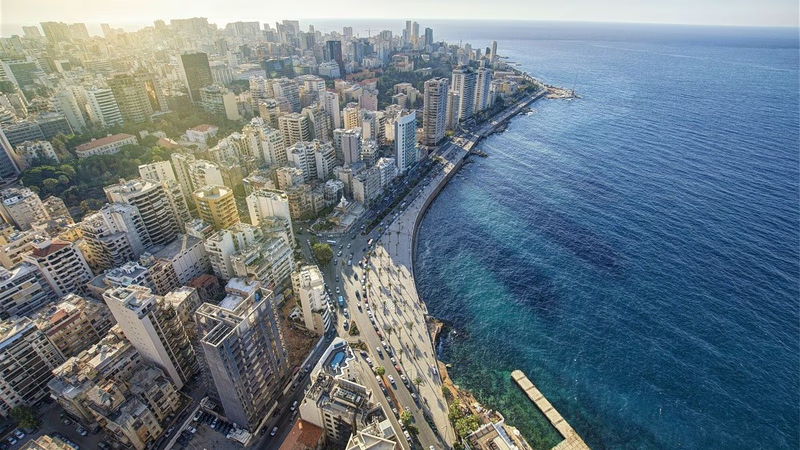
Lebanon is a country located in the Middle East. The capital of Lebanon is Beirut. The currency of this country is the Lebanese pound and is known by the code LBP. The official language of Lebanon is Arabic, but French is also widely spoken in parts of the country. In addition, other languages such as English, Aramaic, Armenian and Turkish are also spoken in Lebanon. The religion of Lebanese people is very diverse and people believe in different religions. The main religions in Lebanon include Christianity (Shia and Sunni) and Islam (Shia and Sunni). Also, there are Armenian, Druze and other religious groups in Lebanon. Lebanon is a country with a diverse economy based on services, banking, manufacturing, tourism and various industries.
The products that Lebanese traders import and export to other countries include food products, agricultural products, textile and clothing products, metal products, electronic products, pharmaceutical products and other products. Also, Lebanon as a financial and banking center also plays an important role in international trade. You can get more information about ways to contact Lebanese businessmen through the Lebanese embassy or consulate in your country. Also, visiting the sites related to Lebanese companies and business organizations, consulting with business and economic experts or using communication methods such as phone calls and emails can also help you get more information.
-
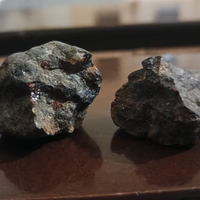 Ibrahim Alhamwi 2 months ago
Ibrahim Alhamwi 2 months ago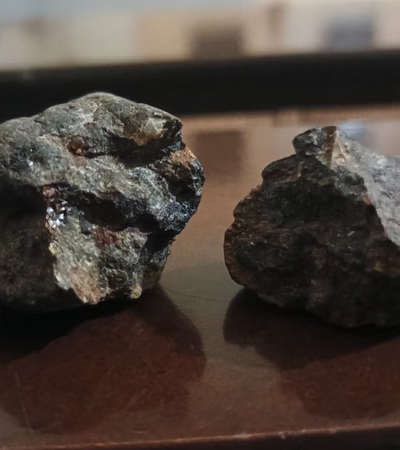 Lebanon
Meteorite Stones
Lebanon
Meteorite Stones
The meteorite price is attractive!!!Details
-
 Nancy 2 months ago
Nancy 2 months ago Lebanon
Meteorite
Lebanon
Meteorite
A black stone from precious stones and it is a meteorite.Details
-
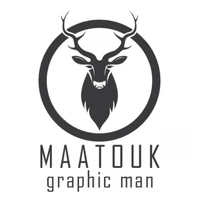 Mohammad Maatouk 2 months ago
Mohammad Maatouk 2 months ago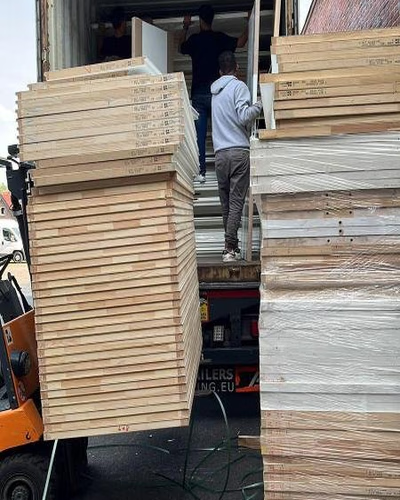 Lebanon
Wood
Lebanon
Wood
The products we work with are guaranteed 100% and are certified with trust and time.Details
-
 نيزك 2 months ago
نيزك 2 months ago Lebanon
Meteorite
Lebanon
Meteorite
MeteoriteDetails
-
 Bilal Yahya 2 months ago
Bilal Yahya 2 months ago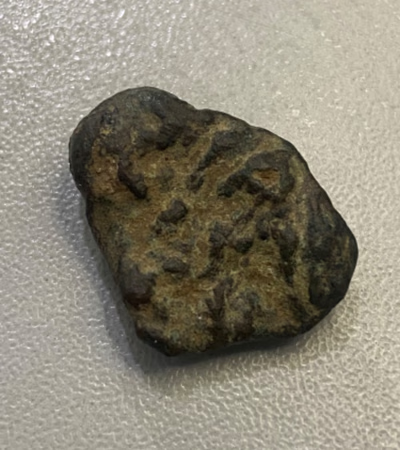 Lebanon
Meteorite
Lebanon
Meteorite
Meteorite stone weighing 5 gramsDetails
-
 Ali 2 months ago
Ali 2 months ago Lebanon
n_methylformamide (NMF) CAS.123-39-7
Lebanon
n_methylformamide (NMF) CAS.123-39-7
n_methylformamide (NMF) CAS.123-39-7 must bepureDetails
-
 الفادي ماربل Elfady Marble 2 months ago
الفادي ماربل Elfady Marble 2 months ago Lebanon
Marble and Granite
Lebanon
Marble and Granite
Marble and granite stones necessary for construction and furniture works at very good pricesDetails
-
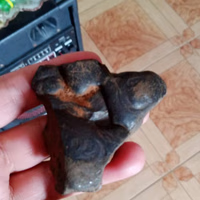 Nadeem Zain 2 months ago
Nadeem Zain 2 months ago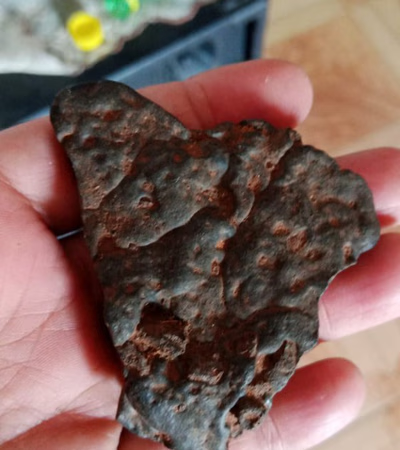 Lebanon
Meteorite Stone Weighing 150 Grams
Lebanon
Meteorite Stone Weighing 150 Grams
There are several types of precious stones available, in addition to meteorite stones.Details
-
 Sker 2 months ago
Sker 2 months ago Lebanon
Beautiful Stone
Lebanon
Beautiful Stone
Collecting precious stones.Details
-
 Hamza Hassan 7 months ago
Hamza Hassan 7 months ago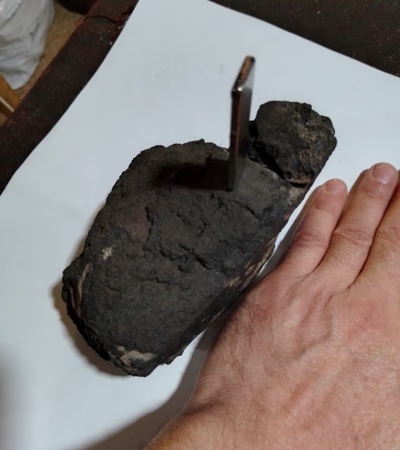 Lebanon
Meteorite
Lebanon
Meteorite
I have alot of meteorite that I wanna sell on this websiteDetails
Lebanon"s trade landscape in 2025 showcases a compelling mix of volatility and potential. Notably, the merchandise import value for Lebanon saw a dramatic shift, peaking at 140. 7 in 2022, followed by a decline to 93. 0 in 2023, diverging significantly from the global average which stabilized around 101. 1. This trend indicates a volatile trade environment that may present both risks and opportunities for businesses looking to capitalize on price variations. In terms of merchandise import volume, Lebanon achieved an estimated index of 98. 3 in 2023, trailing behind the global average of 104.
5. This disparity suggests a contraction in physical trade volumes, posing challenges to capacity utilization and supply chain efficiency for companies engaged in the region. Lebanon"s export landscape also reveals intricate patterns. The merchandise export value index fell from 108. 4 in 2022 to 92. 3 in 2023, against a global benchmark of 102. 3. Concurrently, export volumes dipped to 90.
5, contrasting with the global growth trend to 108. 4. This indicates potential inefficiencies or shifts in demand that businesses must navigate strategically. Despite these challenges, Lebanese businessmen active in West Asia have a unique regional advantage. The country"s strategic position can facilitate trade in commodities and raw materials, aligning well with the offerings of platforms like Aritral. com, which provides AI-driven solutions for global sales and marketing. Businesses can better position themselves by leveraging such platforms for enhanced visibility and streamlined transactions. As the Middle East trade platform ecosystem continues to evolve, opportunities abound for firms that can adapt to Lebanon’s fluctuating indices and capitalize on its regional connectivity.
Engaging with verified exporters and importers through B2B marketplaces like Aritral. com could be pivotal in overcoming trade challenges and seizing growth opportunities in the dynamic West Asian market. "











